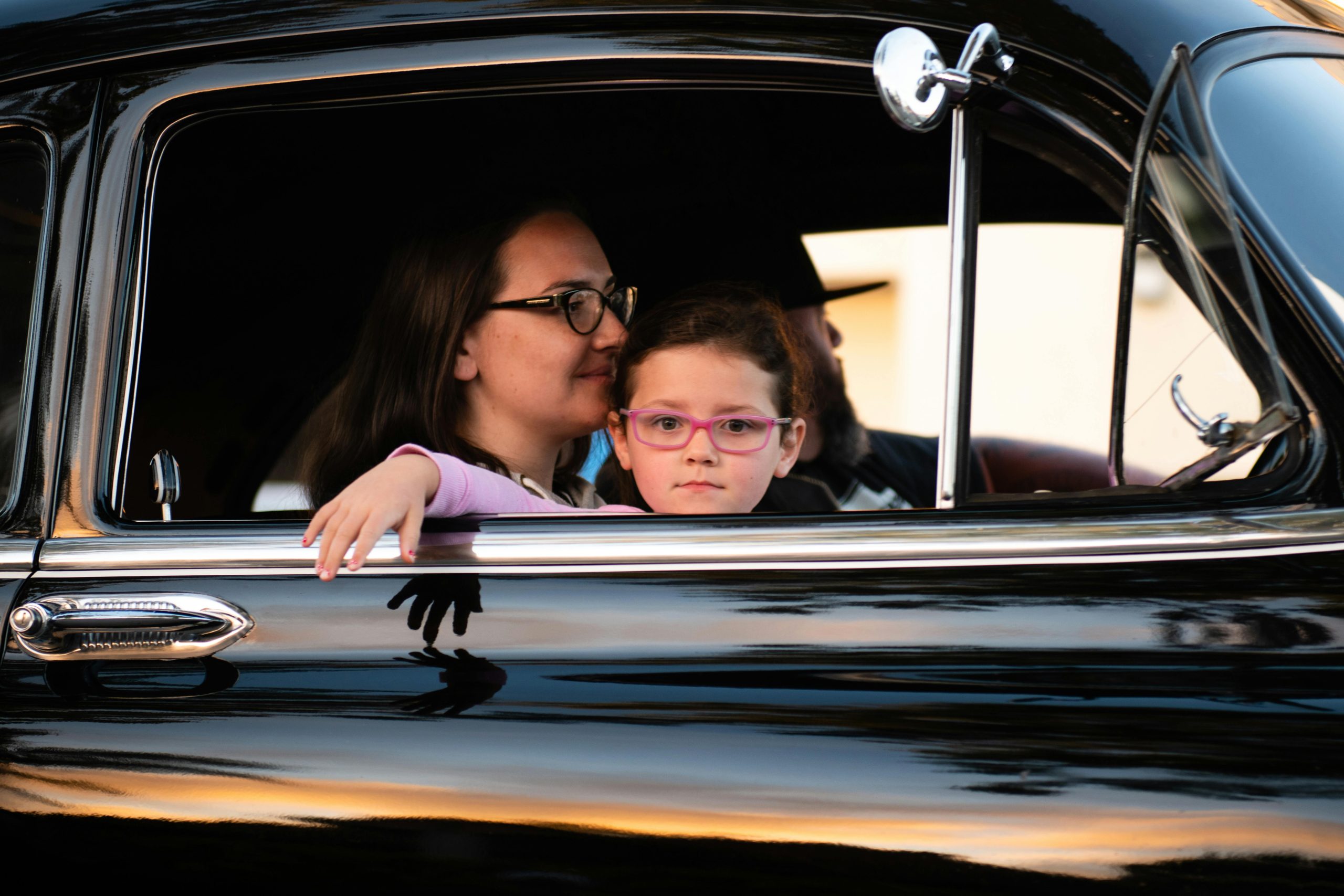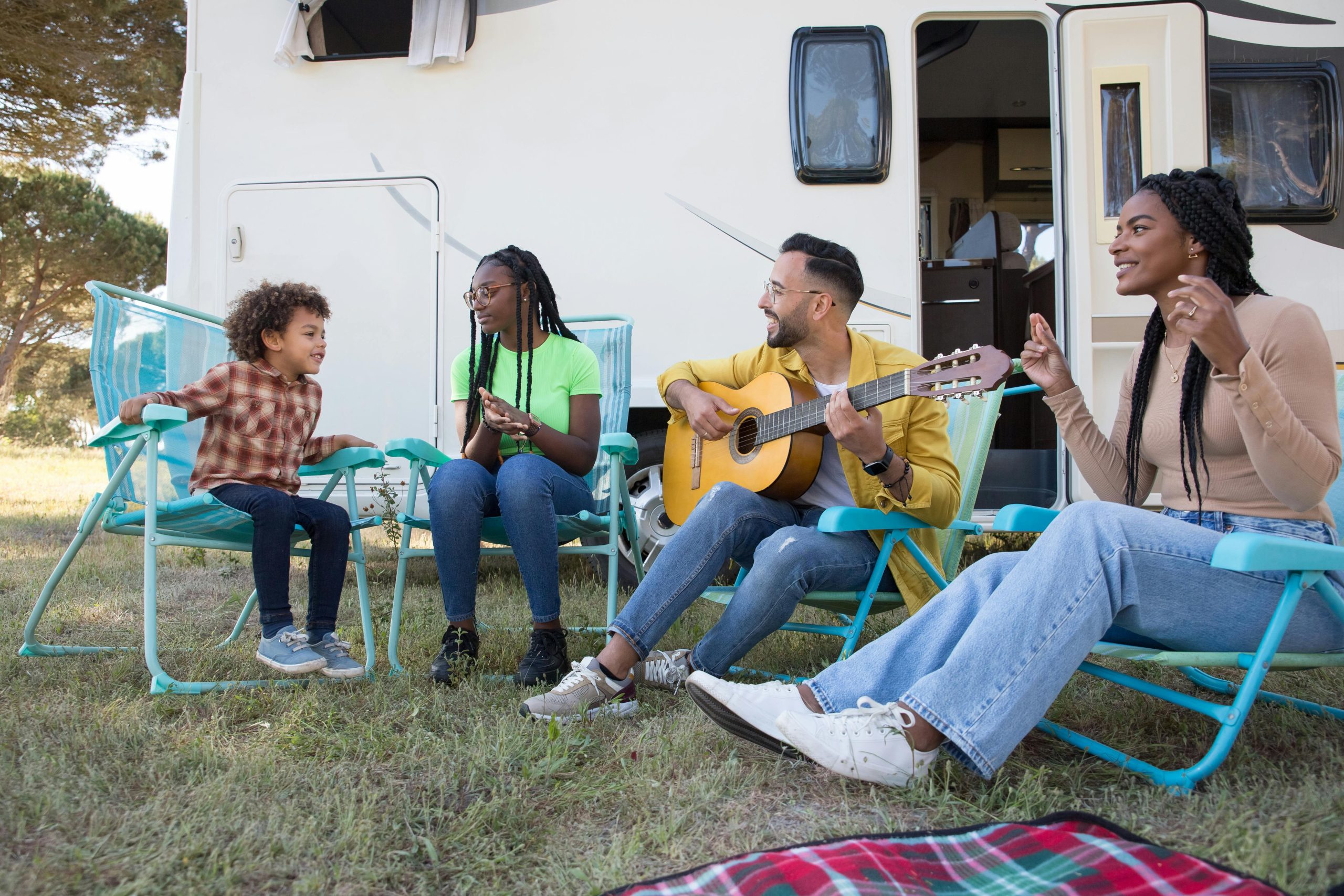


Choosing the right family car is an important decision for any household. A good vehicle should be safe, practical and comfortable while also fitting within your budget. In saying that, it can be difficult to know where to begin with so many models available in Australia, from small city cars to large sport utility vehicles.
In this guide, we want to help you understand what you need to look for when selecting the right car for your family so you can make the right choice and purchase with confidence.
The best family car is one that suits your lifestyle. Before visiting a dealership, think about how you use your vehicle day to day. Do you mainly drive around town, or do you take frequent trips on the highway? Do you need room for child seats, school bags, prams or sporting equipment?
For families living in suburban areas or regional centres, a medium sport utility vehicle often provides the best balance of size, comfort and fuel efficiency. If you spend most of your time driving in the city, a smaller car might be easier to park and cheaper to run. Families who enjoy road trips or camping holidays may prefer a larger vehicle that can tow and carry extra gear.
Safety is one of the most important factors when choosing a family car. Look for vehicles that have a five-star rating from the Australasian New Car Assessment Program. This rating means the car has performed well in crash tests and includes key safety technology.
Modern family cars often come with features such as automatic emergency braking, blind spot monitoring and lane keeping assistance. These systems help prevent accidents and provide peace of mind when travelling with children. It is also worth checking that the car has enough anchor points for child restraints and that they are easy to access.
A car that feels spacious and comfortable will make everyday life easier. Consider how many passengers you will regularly carry and how much storage you need. Parents with young children often find that wider back seats make it easier to install child seats.
Boot space is another key factor. Even a short weekend trip can require room for a pram, luggage and other essentials. Vehicles like the Toyota RAV4, Hyundai Tucson and Mazda CX5 are popular choices because they combine interior comfort with large storage areas.
For larger families, people movers such as the Kia Carnival or Hyundai Staria provide three rows of seating and flexible layouts. These models allow passengers to travel comfortably without feeling crowded, making them ideal for long drives or school pick ups.
The cost of owning a car extends beyond the purchase price. Ongoing expenses such as fuel, insurance, registration and maintenance should all be considered when comparing options.
Hybrid vehicles have become a popular choice for families looking to reduce running costs. They use less fuel than traditional petrol engines and require no charging infrastructure. The Toyota Camry Hybrid and Honda HR-V are two examples of reliable, efficient models suitable for daily use.
If you do a lot of city driving, a smaller car such as the Toyota Corolla or Hyundai i30 may be more economical. For families who frequently travel longer distances, a diesel engine or hybrid SUV can provide better fuel economy.
Buying a family car is a major financial commitment. Many families rely on car loans to make the purchase more manageable. However, not everyone has a perfect credit history, and traditional lenders can sometimes be restrictive.
Some lenders take a more flexible approach to finance. For instance, you can learn how to get car loan with bad credit through Azora, a provider that helps Australians with a range of financial backgrounds. This makes it easier for families to access safe and reliable transport, even if they have faced credit challenges in the past.
Azora focuses on responsible lending and transparent terms, ensuring borrowers understand their options before committing. This allows families to secure suitable vehicles without unnecessary financial pressure.
Once you have established your budget and vehicle type, consider which features will make daily driving more convenient. Some useful inclusions for families are:
Easy-to-clean interior materials, especially for younger children
Multiple USB charging ports for devices
Reversing cameras and parking sensors
Rear air conditioning vents for passenger comfort
Fold flat rear seats to expand boot space when needed
Practical details like these can make a big difference in everyday use and are worth prioritising when comparing models.
A test drive is the best way to see if a car meets your expectations. Pay attention to visibility, seat comfort and how easy it is to install child seats or load items into the boot. Make sure all passengers, especially children, have adequate space.
Take note of how the car handles in different situations, including tight turns and highway driving. If you plan to tow a trailer or caravan, confirm the vehicle’s towing capacity before purchasing.
Choosing the right family car involves balancing comfort, safety, efficiency and cost. The ideal vehicle will fit your daily needs while offering peace of mind for the future.
For many families, financing is part of the process, and exploring flexible lending options can make a new or used car more attainable. Providers such as Azora give families a way to move forward even when traditional loans are out of reach.
By taking the time to research and test different vehicles, you can find a car that supports your lifestyle and keeps your family safe and comfortable for years to come.




